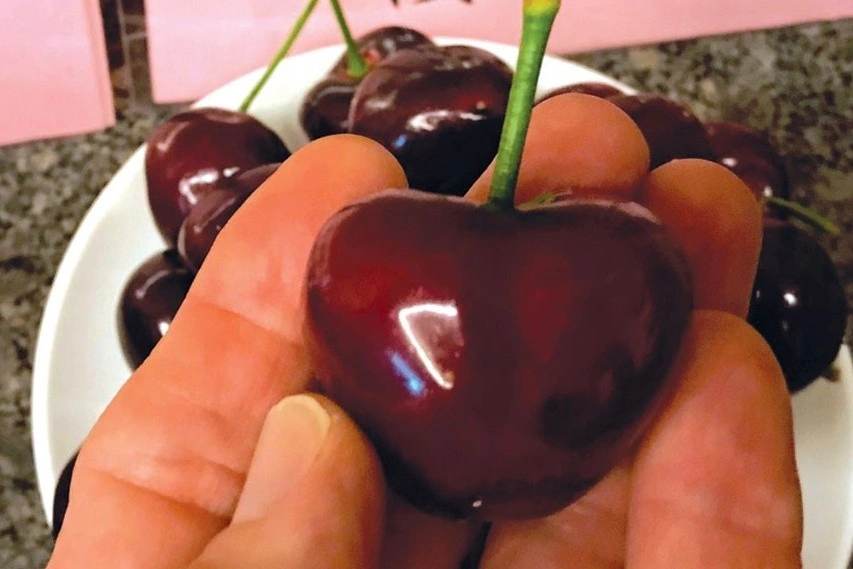Alejandro García-Huidobro (Prize) and Antonio Walker (SNA) have issued a call to the Chilean cherry industry: greater internal cooperation and openness to new markets are needed to ensure sustainability and growth.
The Chilean cherry export sector stands at a crucial crossroads. Alejandro García-Huidobro, founder and CEO of Prize—one of the country's leading exporting companies—sent a clear message at the recent Global Cherry Summit in San Francisco de Mostazal: more unity among supply chain players and a shared strategy to diversify markets are needed, starting with the 2025/26 season.
A common challenge
“We must focus on the fruits that generate the most value. Success will depend on a 100% united industry, one that is fully represented and able to implement common goals,” said García-Huidobro, emphasizing the need for collective and coordinated action.
Referring to the upcoming season, he spoke of a real "prisoner's dilemma": if all stakeholders cooperate—such as by adopting shared standards on size and quality—there will be an initial sacrifice, but the outcome will benefit everyone. In his view, a new governance structure for the Chilean Fruit Cherry Committee is crucial, one that gives voice not only to exporters but also to growers.
Moderate growth
For Prize, growth in 2025/26 will align with the industry average, estimated at around 6%. “We don’t have any new orchards entering production because five years ago we chose to diversify our investments in other countries. Today, we can look to the future with calm and optimism,” García-Huidobro stated.
On the topic of market concentration, particularly in China, he added: “If we do things right, we could increase China’s share to 80% within five years. But it’s the volume that has challenged us: a 50% increase in just a few years has exacerbated issues related to quality, logistics, and commercial conditions. It’s time to shift gears—and the good news is that the solution is in our hands.”
Antonio Walker’s perspective
Antonio Walker, president of the Sociedad Nacional de Agricultura (SNA), also stressed the importance of industry cohesion, while highlighting the vast untapped potential in China. According to Walker, many Chinese consumers are still unfamiliar with cherries, making it essential to invest in promotion.
But not just Asia: “We must also target Latin America, Europe, and the United States. The ASEAN region, with its 700 million inhabitants, is a strategic area, as are the Middle East, North Africa, and India, where we are already building promising relationships,” he added.
A key sector
Walker concluded by noting that the cherry sector accounts for 50% of Chile’s fruit export value, generating over US$3 billion (around €2.76 billion) annually, with 80,000 hectares planted and around 350,000 jobs. For this reason, he called for stronger public-private cooperation.
“The future of cherries does not depend on markets, but on us. If we improve the quality and condition of the product, we can face any challenge. The Ministries of Agriculture, Finance, Economy, and Foreign Affairs must be strategic partners in supporting an industry that has a strong social impact in Chile’s rural areas,” he concluded.
Text and image source: eurofruitmagazine.com
Cherry Times - All rights reserved










